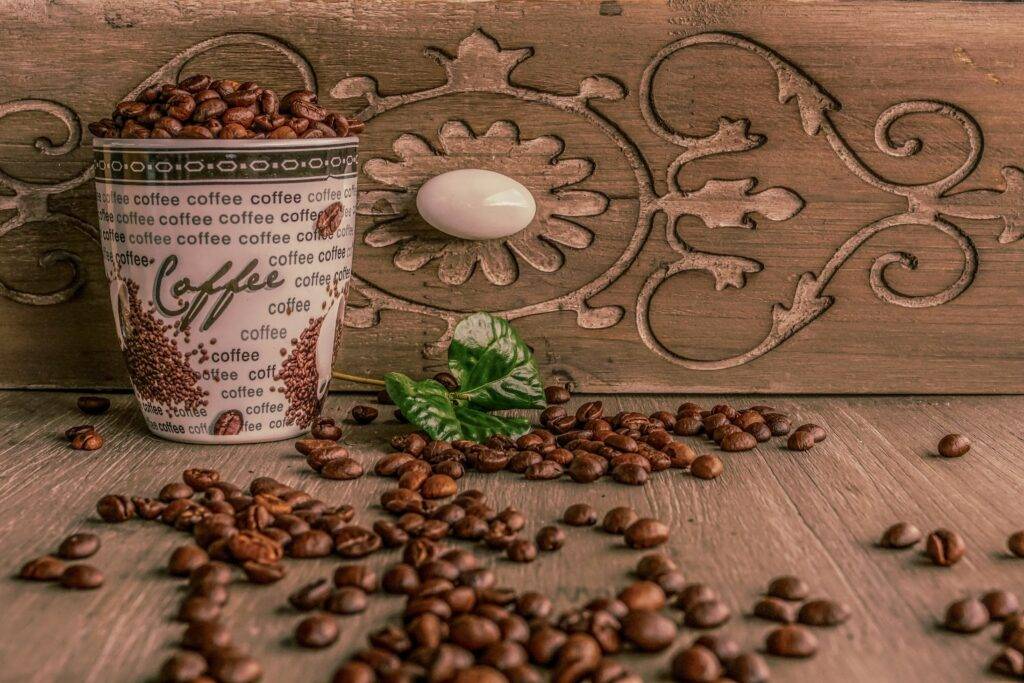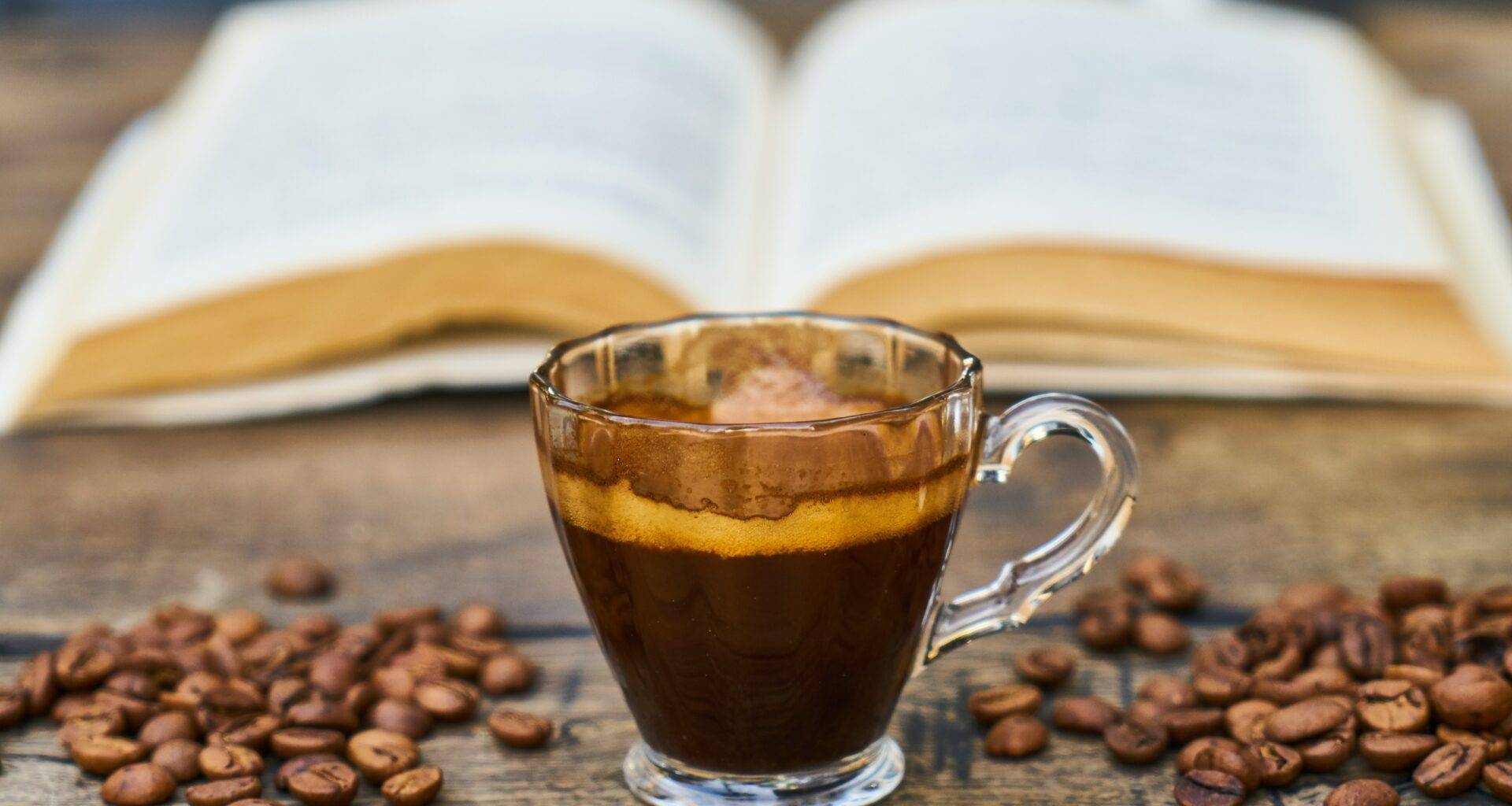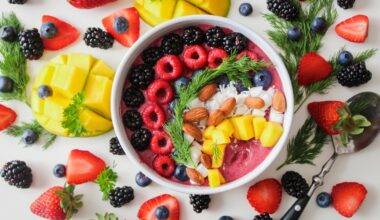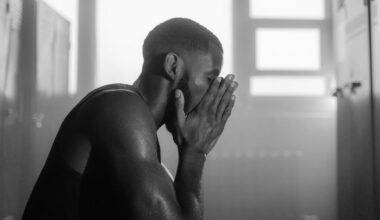What do you think about “The Untold Truth Of Coffee”?
Most people around the world have a grand love affair with coffee. In fact, a 2018 survey by the National Coffee Association found that around 64% of Americans drink at least one cup of coffee a day. And most of us aren’t looking for cheap stuff either.
The US Census Bureau reports that Americans spend an average of $1,100 a year on coffee alone, more than they spend on pets, entertainment, and even car insurance. That’s quite a change for a caffeinated drink. So what’s in coffee that keeps us coming back for more?
What makes our bodies drink all that coffee? And how did we start drinking it? No matter how much you love coffee, chances are you didn’t know some of these facts and more, so It’s the untold truth of coffee.
Coffee can make you smarter
If you’re looking for an extra excuse to drink coffee in the morning, try it here: it actually makes you smarter. When you drink caffeine, your dopamine spikes, and neurons in your brain fire faster than normal. This leads to an improvement in your mood, energy levels, and reaction times. So if you feel like your brain is a blur until you drink your first cup of coffee in the morning, you’re right. Coffee not only makes you more alert but also smarter.
You can overdose on coffee
Coffee makes you smarter, but don’t overdo it by drinking it in hopes of winning the Nobel Peace Prize. Like so many great things in life, you can overdose on coffee. And the results aren’t good. Symptoms of coffee overdose include anxiety, palpitations, dizziness, and even vomiting. People have varying levels of sensitivity to coffee, so if you want to know how much coffee is too much for you, use this coffee overdose calculator.
Coffee is the biggest source of antioxidants in your diet
If you thought blueberries were the only way to get your antioxidants, think again. While fruits and vegetables are high in antioxidants, coffee probably provides more antioxidants in your diet than anything else. Most Americans drink far more coffee than they eat fruits and vegetables, and coffee is high in antioxidants per serving. Some of these antioxidants can prevent heart disease, cancer, and type 2 diabetes. So if you want to stay healthy, drink up. Make sure you also eat fruits and vegetables, as coffee contains a different type of antioxidant than them.

Coffee is more potent when you drink it midmorning
Do you drink your coffee in the morning before doing anything else? If so, you may want to change your schedule. In a 2013 study, researchers found that the best time to drink coffee is actually between 9:30 a.m. and 11:30 a.m. Indeed, cortisol, a hormone linked to stress and alertness, naturally drops in the middle of the morning.
Your cortisol levels actually peak between eight and nine in the morning. So if you drink your coffee at this point, when your body is already naturally awake, you won’t get the same shock as you would about an hour later.
The largest cup of coffee ever held almost 4,000 gallons
Think your coffee mug is huge? Try the best cup of coffee ever. It can hold nearly 4,000 gallons of coffee. Caffé Bene in South Korea developed in 2014 at its global roastery in Yangju, Gyeonggi Province. The cup measures ten feet and ten inches and was filled with a black iced Americano for the Guinness Book of World Records.
Coffee was first discovered by goats
The first mammals to taste coffee weren’t humans, they were Ethiopian goats. Although no one knows exactly how coffee was first discovered, one of the most popular legends is that Kaldi, a goatherd, noticed that his goats became more energetic after consuming coffee beans.
He reported his findings to his local abbot, who then shared the find with the other monks at his monastery. From there, news of the coffee spread further east until it reached the Arabian Peninsula.
Coffee beans aren’t actually beans
That’s right, you lived a lie. Coffee beans are not actually beans, they are the seeds of the coffee fruit, a red, juicy drupe about the size of a cherry or grape that grows in clusters on shrubs and is, of course, called the coffee plant. When the coffee fruit (also known as a coffee berry) is harvested, the berries are passed through a pulper to remove the fruit and extract the pit-like seeds, which are then roasted, allowing the seed to turn into a coffee bean (which is not a bean … you get the idea.)
As if the coffee plant weren’t magical enough to give us coffee, it turns out that the real fruit of the coffee berry can be eaten and has many purported health benefits, such as vitamin B2, antioxidants, and, of course, caffeine. More research is needed, but scientists are curious about the potential health benefits of the coffee fruit, including lowering blood pressure, lowering the risk of Alzheimer’s and cancer, and increased immunity. No wonder the coffee fruit is known as a super fruit.

Decaf coffee still has caffeine
If you love coffee but hate the buzz (or have a medical reason why you can’t handle the buzz), you’re probably thankful that decaf coffee exists. But it turns out that there is still some caffeine in decaf coffee, albeit in small amounts. According to Healthline,
Decaffeinated coffee contains around 7 mg of caffeine per cup, while a regular cup of coffee will have more like 70-140 mg. So you’d have to drink about 10 cups of decaf coffee to get the same dose of caffeine.
The coffee decaffeination process is quite advanced and there are three ways to do it.
- The first is to use chemical solvents like ethyl acetate, which literally strip the caffeine from the beans.
- The Swiss Water Process uses water and carbon filtration to separate the caffeine from the beans and is used in Caffeine Organic Caffeine.
- And then there’s the futuristic Supercritical Carbon, which uses a gaseous and liquid form of CO2 to extract caffeine from beans. And even more surprisingly, many companies sell pure, separated caffeine in powdered form to pharmaceutical and soft drink companies for use in their products.
People spend a lot of money on coffee each year
Coffee is one of the most popular drinks in the world, second only to water, the liquid that literally covers a large part of our planet via Yahoo. It is quite impressive that coffee’s main competitor is the manna of life. So, with all this coffee being consumed every year, it’s no surprise that people, especially Americans, spend a lot of money on Java.
Although coffee is naturally gender-neutral, it appears that American women spend more than men on coffee, averaging about $ 2,327 per year, compared to the $ 1,934 per year that their male counterparts shell out their bartenders.
Why does coffee sometimes make you feel tired?
Caffeine is definitely an energizer, but why can drinking coffee sometimes make you feel tired? Paradoxically, caffeine is a drug that can definitely give you an extra boost and wake you up in the short term, but in the long run, it can actually make you feel more tired, according to the New York Times.
Caffeine interferes with our biological clock, which resets when we wake up and counts down all day, preparing us to go back to sleep at the end of each day. Caffeine interacts with the chemicals and receptors in the brain that tell it to fall asleep as the day progresses, basically communicating to the brain, “Wake up!” So when the caffeine wears off, we suddenly crash as the brain is flooded with sleepy receptors.
If you find yourself crashing after your afternoon coffee break, it might be best to actually cut back on your caffeine to restore your body a bit. You can find other ways to boost your energy, such as B. exercising, getting out in the sun, or taking a nap. None of these options are as tasty as an iced cappuccino, but they can make you feel better.

How many cups of coffee can you have a day?
So while we LOVE a healthy dose of caffeine, it’s clear that there can be too much of a good thing, and like any drug, caffeine has its potential downsides. According to the American Journal of Medical Nutrition, there is a dangerous amount of coffee.
Scientists found that people who drank six or more cups of coffee a day had a 22% increased risk of heart disease. Heart disease is responsible for 1 in 5 adult deaths in the United States each year, according to the CDC, which is why scientists suggest sticking to 400 mg of caffeine per day, which is roughly equivalent to four cups of coffee.
But the good news is that caffeine consumption (in lower amounts) is also linked to a lower risk of certain cancers, such as prostate cancer, according to one study. Drinking three to five cups a day has also been shown to reduce the risk of cardiovascular disease So it’s all about moderation. Too much caffeine can be deadly, but you should consume around 10 grams of caffeine or 50 to 100 cups of coffee, depending on the caffeine content via Healthline.
If you desire to get any product that makes your life easier you can check this link:
“Science may never come up with a better office communication system than the coffee break.“
— Earl Wilson







